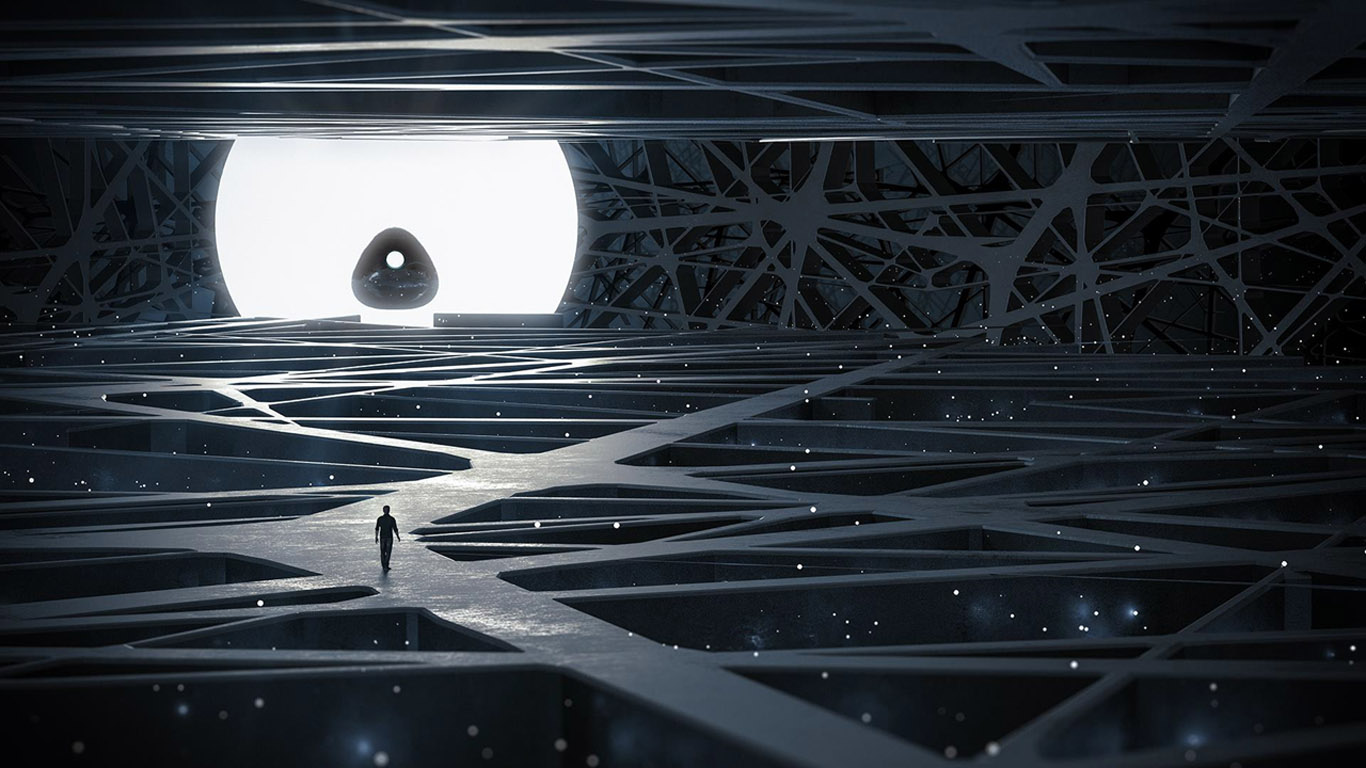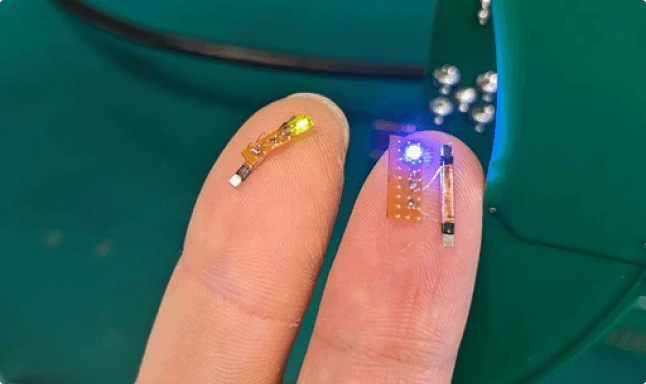HTC Immersive Labs shows that VR can already benefit various sectors of our lives
During my Chinese adventure, in the period that I was leaving Shanghai to go to Chengdu to watch pandas, I had the opportunity to interview via WeChat Qiyong Chen, one of the people leading the Virtual Reality R&D experiments at HTC Immersive Labs. I wanted to ask him about HTC’s research on the use of its virtual reality devices, so I made him some questions in this sense. Here you are the transcript of the interview.
Hello, Mr. Chen! Who are you and what do you do in HTC?
I’m Qiyong Chen, leader of HTC China Immersive Lab.
What are the main research projects have you been involved in the past for HTC? And what have been the results?
In the past few years, we have been researching on the impacts of VR on human beings. By empirical experience, we are pleased to find that VR has many magical usages. With the help of VR, kids got a better imagination and higher scores, youth athletes got a great improvement in training, even women users lose weight more effectively. We hope everyone can enjoy the benefits of VR technology. VR is amazing!

You say that kids got better imagination and girls lost weight more efficiently, etc… have you a proof of what you say?
For sure, we have made experiments in this sense.
Regarding the kids, we have made an experiment related to the use of virtual reality products for K12 education (education for 1-12yo kids), with education experts helping us in this. The result of this experiment has been that kids have improved in certain aspects that are important to creativity. Of course “creativity” is not something that can measured by numbers, so this improvement has been verified together with experts.
Regarding women losing weight, we made a quantitative comparison between three cases:
- Participants using a personalized avatar of themselves: the woman could see herself embodied in an obese figured avatar and exercise in front of a mirror in the virtual fitness center. Then, the participant could exercise voluntarily after having visualized the effects of exercising in VR;
- Like 1, but with a non-personalized, but generic, avatar;
- A control group, with participants exercising voluntarily after having just seen a 30-second workout video.
The result has been that people using VR to visualize the effect of exercising has trained more and so have lost weight more efficiently. Furthermore, the ones with the personalized experience featured better than the ones with the non-personalized one. Virtually experiencing weight loss in self-avatars motivates people more effectively than in other-avatars.

What are you currently working on? And what are present results?
Recently, we are doing researches on the use of VR by the youth, hoping that VR products can help the next generation to have fun and efficiency in working and learning.

For example, there has been a research experiment conducted by Coach College National Sports General Administration to explore the values and impacts of VR on football (soccer) tactical training of youth football teams. We had a group of young football players using VR for the tactical training and a control group that has not used VR. We made experts evaluate the performances of all the players in a period of four-week watching videos of the football matches. Thanks to the training, all kids have improved during this period, but the ones using VR had a much bigger growth in performance wrt the control group. Of course, improving the quality of football training by VR requires a comprehensive training plan.

What about the future?
We will conduct more research related to the impacts of VR on psychology. For instance, using VR to help elderly enhance their happiness, help office staff reduce work pressure, thereby improving work efficiency and so on.
What about the #30DaysInVR experiment? What have been the results from HTC’s point of view?
This experiment was done by Enea, an Italian VR enthusiast as well as a developer. He imported his living place to VR world using HTC Vive and then successfully lived in it for 30 days. It’s like the concept of Ready Player One and the only difference is that he has made it come true. This is a milestone for the VR industry, and its success means that it is possible to live in VR for a long time. We are glad to see that Vive products are able to meet this long-term deep use demand, and we are also glad to have a healthy and happy Enea after the long-term experiment. We expect to see more VR enthusiasts and practitioners can make challenges and bring new breakthroughs to the industry.
How is Vive helping to ensure safe usage of VR?
Now that Vive has imported the new Chaperone security system, the new Chaperone security system not only visualizes the blue warning line, but also the real-world images captured by the camera. And Vive does not only do this, we also actively assist in the development of safety and health standards in China’s VR industry to help users use VR safely at a higher level.
While I love VR games, I think that if we want VR to become pervasive, people should stop seeing VR as a gaming device. Do you agree with me? Are you doing something in this direction?
Strongly agree with your point of view! VR should be a productive tool, but now people usually regard VR as a game machine and ignore its further functions. In fact, VR has “killer” applications in a lot of areas, and we have always been engaged in those relevant researches.

How is the VR ecosystem growing in China?
China has a very strong hardware manufacturing base, 5G services will be the first to deploy in China, China’s VR content revenue will reach 3.6 billion US dollars in 2021, and HTC Vive’s influence in China is growing. These factors are driving China to become the world’s largest VR Ecosystem. In October 2018, the Ministry of Industry and Information Technology will also hold the World Conference on VR Industry (WCVRI) in Nanchang, China to help the developing the VR industry.
How do you envision the medium and long-term future of virtual reality?
In the medium term, it should be to “achieve 1-hour use of VR for everyone and every day“. In the long term, VR will be the last “screen” to human beings, and this “screen” will eventually not have the “screen”.
Add something more to my readers, if there is something else you want to say
I am very pleased that Tony is writing the blogs in such depth. I am looking forward to getting more chances to communicate with bloggers.
A very interesting interview for sure. I really want to thank Qiyong Chen for the time he dedicated to me (and also Michael Cao for having provided me the data of the experiments). It has been very interesting to see that in China there are lots of practical studies to verify if Virtual Reality can really be useful in various sectors. And these studies seems to confirm with quantitative data that virtual reality can actually benefit various sectors. It is no more just a vision, it is something confirmed by evidence.

This leads to the moment where Qiyong talks about various VR killer applications: VR can benefit so many sectors, that on the business side we have no more doubts about its utility. We have just to take it and use it in all sectors, as Sam from VR Waibao has said to me in a previous interview. China is becoming the world’s largest ecosystem because it is bravely pushing virtual reality in all sectors it can. I think that now we have to find the magic recipe to make VR compelling even to the average consumer, but I guess that this would require some more time.
I loved the final sentence about the screen not being a screen anymore, it is very futuristic. I wonder how you will read my blog that day…
(Header image by HTC)
Disclaimer: this blog contains advertisement and affiliate links to sustain itself. If you click on an affiliate link, I'll be very happy because I'll earn a small commission on your purchase. You can find my boring full disclosure here.




great article and interesting interview. Both you and Mr. Chen are correct the applications for virtual reality go far beyond “gaming” .
one very interesting field is mental health, where VR already has a good body of research and clinical trials; whether treating war veterans with PTSD, reducing depression, treating anxiety and phobias.
A little known fact is that approximately 20-30 minutes of high quality (6DOF, 90 FPS, tracked motion controllers) VR has a beneficial effect on the area of the brain (hippocampus) that processes spatial mapping, firing cells called “GPS neurons”.
John O’Keefe, May-Britt Moser and Edvard I. Moser received a nobel prize “for their discoveries of GPS neuron cells that constitute a positioning system in the brain”.
Mayank Mehta, a neuroscientist at the University of California, Los Angeles led a study into the effects of VR on the hippocampus with surprising result.
The future use of VR for patients with Alzheimer’s disease, stroke and schizophrenia (all damage the hippocampus) has real potential.
Yes, I’ve read an article (suggested by Matias) regarding the differences on how the hyppocampus behave while the user moves in the real world vs how it behaves when orienting in the virtual world. It was damn interesting. I didn’t know about all the other studies, though… every day I discover new mind-blowing potentialities of VR. Thanks for sharing all of this.
The ones with the role-switching are the most mind blowing to me. It is crazy how the mind can behave in different ways while embodying different roles and even be at the same time the medic and the patient. It can really cure itself doing this way. It’s something new and in my opinion has enormous potentials. I would like to try it on myself.
Yeah it’s amazing indeed. Would like to try such experiences as well…